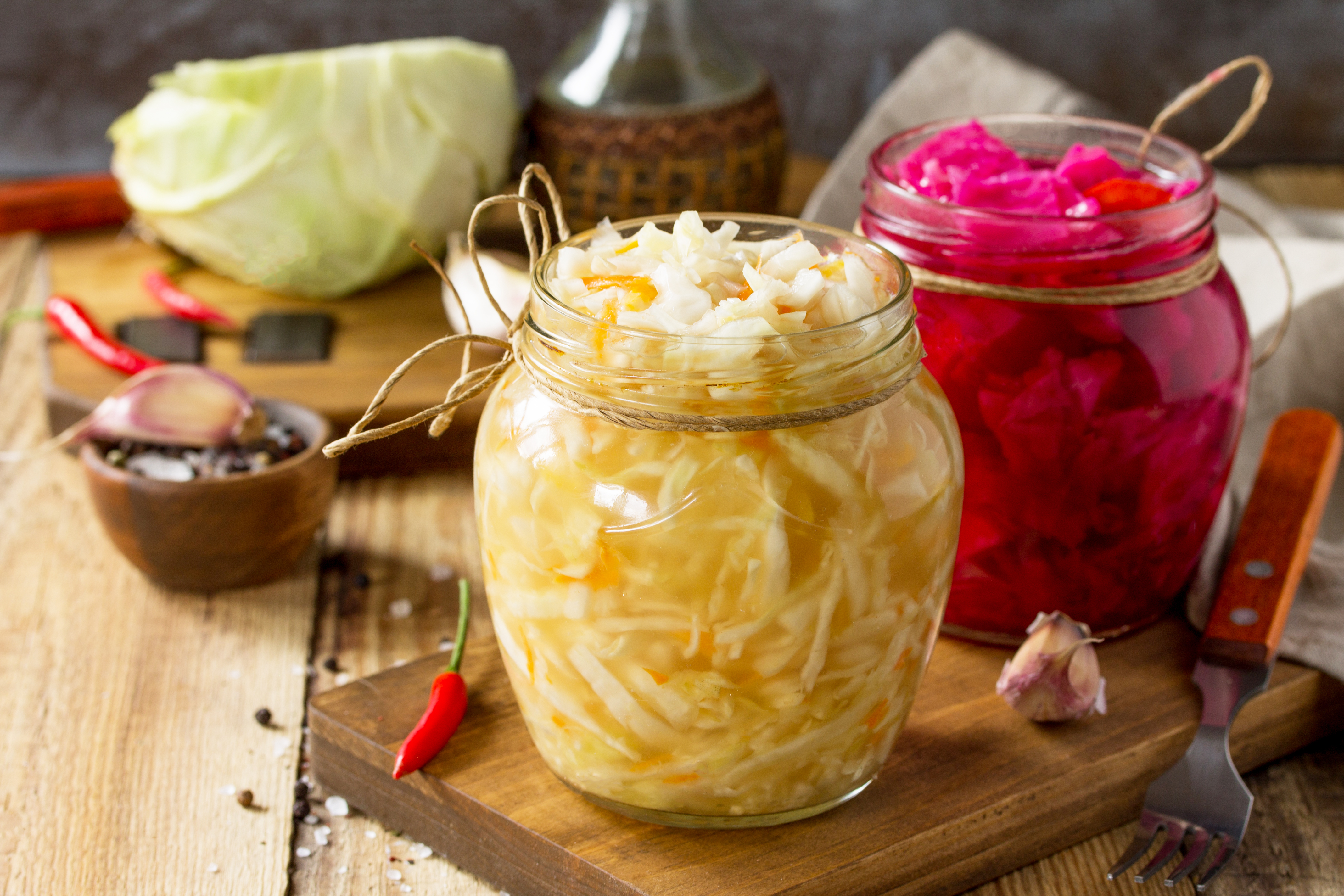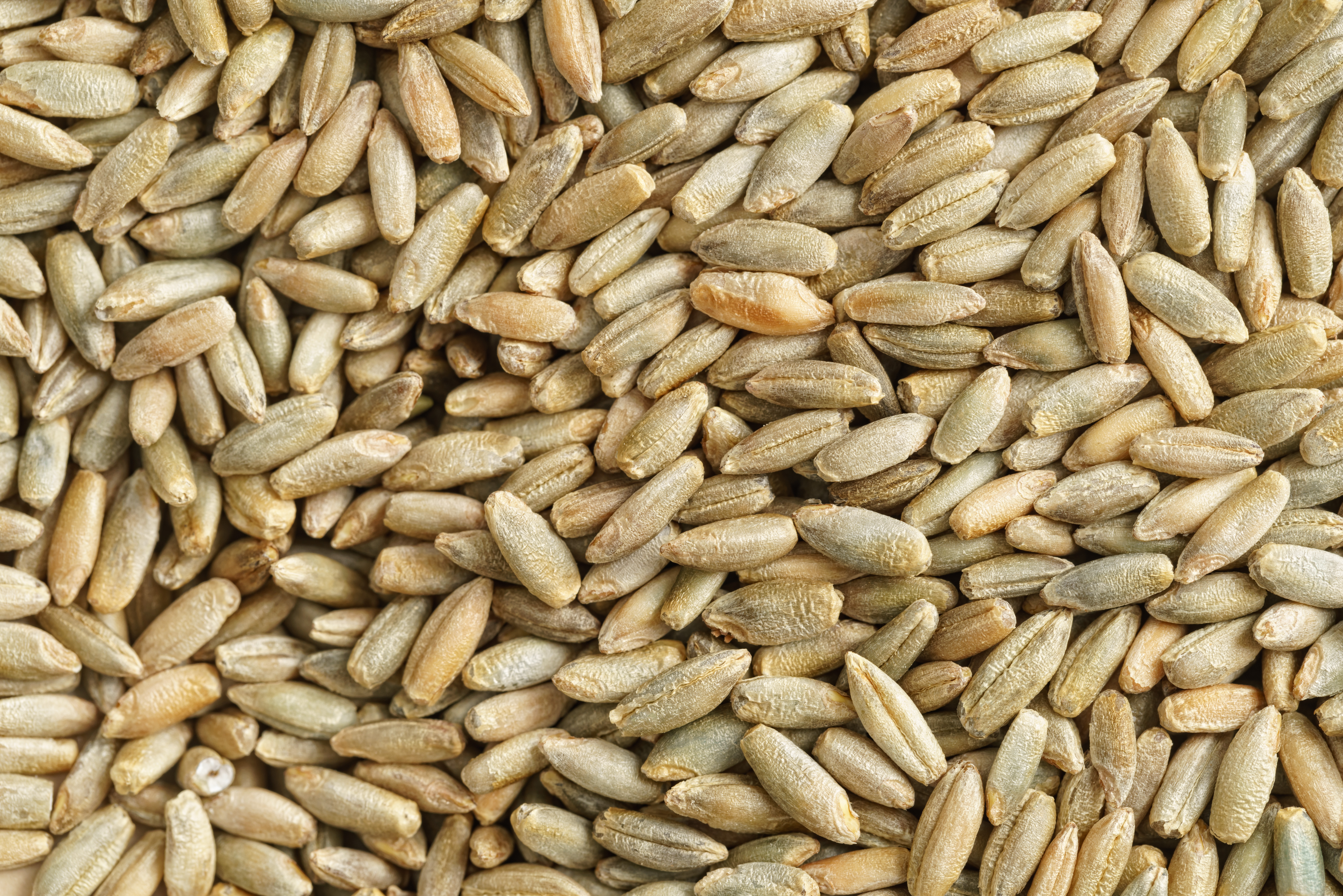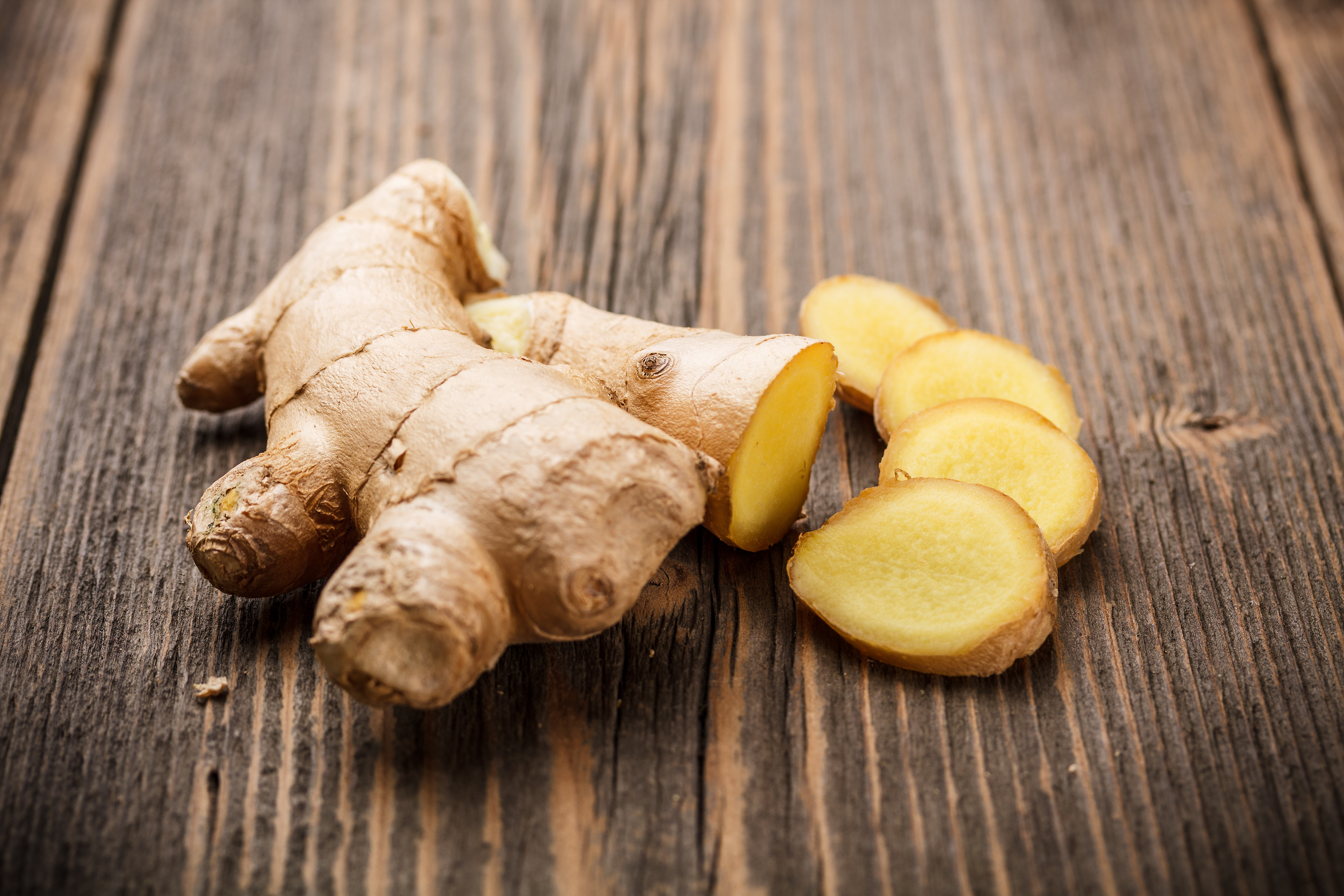Natural Ways to Ease Bloating
Bloating is a common yet often misunderstood condition that affects many individuals, causing discomfort and a sense of fullness. It's more than just an inconvenience; chronic bloating can lead to a decrease in quality of life and self-esteem. The sensation of being bloated is typically due to excess gas production or disturbances in the movement of the muscles of the digestive system. While lifestyle and dietary choices significantly contribute to bloating, other factors like stress and hormonal changes can also play a role. This article will explore 10 simple, natural remedies to help you say goodbye to bloating, offering a lighter, more comfortable you.
1. Hydration: The Foundation of Digestive Health

Staying hydrated is crucial for maintaining a healthy digestive system and reducing bloating. Water helps to flush out toxins and aids in the digestion of food, preventing constipation, which is a common cause of bloating. Drinking sufficient water throughout the day keeps the digestive tract moving smoothly, reducing the risk of gas build-up. Herbal teas, such as peppermint or ginger, also promote digestion and provide additional anti-bloating benefits. Start your day with a glass of warm water and lemon to kickstart your metabolism and maintain hydration levels consistently to prevent bloating.
2. The Power of Probiotics: Balancing Your Gut Flora

Probiotics are live microorganisms that provide numerous health benefits, particularly for the digestive system. They help balance the good and bad bacteria in your gut, which can prevent bloating and improve overall digestive health. Incorporating probiotic-rich foods like yogurt, kefir, sauerkraut, and kimchi into your diet can significantly reduce bloating. These foods enhance the gut microbiome, aiding digestion and reducing gas production. If dietary changes are challenging, probiotic supplements can also be an effective alternative to support gut health and alleviate bloating symptoms.
3. Fiber: A Double-Edged Sword

Fiber is essential for a healthy digestive system, but consuming too much or too little can lead to bloating. Soluble fiber, found in foods like oats, beans, and apples, absorbs water and forms a gel-like substance, helping to slow digestion and prevent bloating. However, insoluble fiber, found in whole grains and vegetables, can cause gas and bloating if introduced too quickly. Gradually increasing fiber intake and balancing both types can help maintain digestive health and prevent bloating. Pair fiber-rich foods with plenty of water to aid digestion and reduce the risk of bloating.
4. Mindful Eating: Savoring Each Bite

Eating too quickly or not chewing food properly can lead to swallowing air, which contributes to bloating. Mindful eating involves being present during meals, savoring each bite, and chewing thoroughly. This practice not only enhances digestion but also allows your brain to register fullness, preventing overeating. By slowing down, you give your digestive system time to process food efficiently, reducing the likelihood of gas build-up. Incorporating mindful eating habits can transform your relationship with food and significantly decrease bloating, leading to a lighter, more comfortable you.
5. Herbal Allies: Nature’s Bloat Busters

Several herbs are known for their ability to reduce bloating and support digestive health. Ginger, for example, has anti-inflammatory properties and aids in digestion, making it a powerful ally against bloating. Chamomile tea is another excellent option; its soothing properties help relax the digestive tract, reducing gas and discomfort. Fennel seeds are also effective; they contain compounds that relax gastrointestinal spasms and allow trapped gas to dissipate. Incorporating these herbs into your diet, whether through teas, supplements, or cooking, can provide natural relief from bloating.
6. Physical Activity: Keep Moving to Keep Bloating at Bay

Regular physical activity is essential for maintaining a healthy digestive system and preventing bloating. Exercise helps stimulate the natural contractions of the intestinal muscles, facilitating the movement of gas and waste through your digestive tract. Activities such as walking, yoga, and cycling are particularly effective in reducing bloating. Incorporating a daily routine of at least 30 minutes of moderate exercise can significantly improve digestive health and reduce the frequency and severity of bloating. Not only does exercise help with bloating, but it also contributes to overall physical and mental well-being.
7. Stress Management: Calm Mind, Calm Stomach

Stress is a significant factor that can exacerbate bloating and other digestive issues. The gut-brain connection is powerful, and stress can lead to an overproduction of stomach acid and a slowdown in digestion, both of which contribute to bloating. Techniques such as deep breathing, meditation, and yoga can help manage stress levels and promote a healthy digestive system. By incorporating stress-reducing practices into your daily routine, you can create a more balanced lifestyle that supports digestive health and reduces the occurrence of bloating.
8. Avoiding Triggers: Identifying and Eliminating Culprits

Certain foods and drinks are known to cause bloating in many individuals. Common culprits include carbonated beverages, high-sodium foods, and artificial sweeteners. Additionally, some people may experience bloating due to food intolerances, such as lactose or gluten. Keeping a food diary can help identify specific triggers that lead to bloating. Once identified, eliminating or reducing these foods from your diet can significantly alleviate bloating symptoms. Understanding your body's unique reactions to different foods is key to managing and preventing bloating effectively.
9. Intermittent Fasting: Giving Your Digestive System a Break

Intermittent fasting involves cycling between periods of eating and fasting, which can give your digestive system a much-needed break. This practice allows your body to focus on repairing and maintaining digestive health rather than constantly processing food. Research suggests that intermittent fasting can reduce bloating by allowing the digestive system to reset and improve gut health. While not suitable for everyone, those who find success with intermittent fasting often report less bloating and an overall sense of lightness. Consulting with a healthcare professional before beginning any fasting regimen is recommended.
10. Sleep: The Overlooked Digestive Aid

Quality sleep is crucial for overall health and plays a significant role in digestive wellness. During sleep, the body repairs and regenerates tissues, including those in the digestive tract. Lack of sleep can disrupt the balance of hormones that regulate appetite and digestion, leading to bloating and other digestive issues. Establishing a regular sleep schedule and creating a restful environment can enhance sleep quality and support digestive health. Prioritizing sleep as part of your daily routine can lead to a reduction in bloating and contribute to a healthier, lighter you.
Embracing a Bloat-Free Lifestyle

Addressing bloating naturally involves a holistic approach that encompasses hydration, diet, exercise, stress management, and more. By incorporating these eleven simple remedies into your lifestyle, you can significantly reduce bloating and enjoy a lighter, more comfortable existence. Each remedy complements the others, creating a comprehensive strategy for digestive health. Embracing these changes not only alleviates bloating but also enhances overall well-being. As you integrate these practices, you will likely notice improved energy levels, better mood, and a more positive relationship with your body. Say goodbye to the bloat and hello to a healthier, happier you.